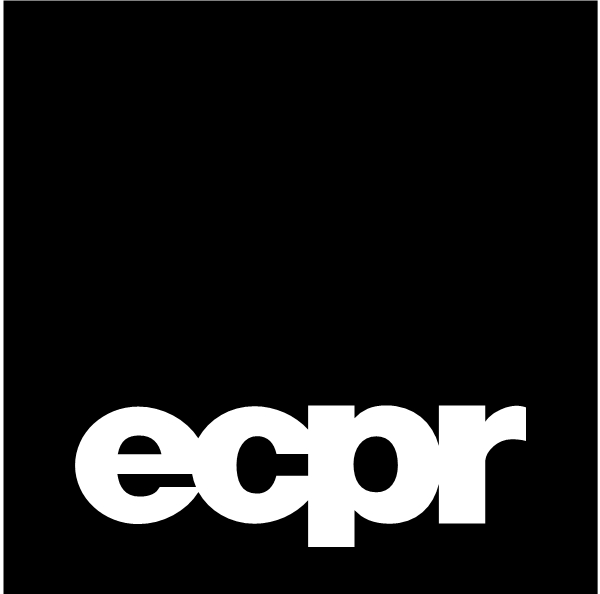The Contribution of Pracademics within the International Peace Architecture
This workshop aims to foster new scholarship and debates between peace-oriented pracademics (practitioner academics), scholars, civil society actors and practitioners working in and focusing on interdisciplinary fields in cases relevant to an improved understanding of the current challenges in the International Peace Architecture (IPA). Pracademics are little understood in terms of their methodological and experiental capacities, yet they bridge practice and theory. They have been responsible for significant steps forward in the historical development of an IPA.
In theory this architecture represents a relational network between liberal institutions and the UN system, non-western and non-aligned states and organisations, international donors, international law, and financial and development actors. It encompasses regional and international governance, state reform and constitutional design processes, civil society and social movements. This architecture was often aligned around concepts of human rights, the rule of law and democracy, as well as a vibrant civil society, and gained much of its legitimacy from international, top down delivery, as well as from local consent. In practice it has recently been undermined by a lack of political will, disagreement on norms at interests and the international level, a lack of support for civil society, and the commensurate return of authoritarian-capitalist modes of government at the state and elite level. This workshop offers a moment for reflection and for new innovations to emerge, across the nexus between practitioners, academics, and civil society.
Although the term ‘pracademic’ can be found in use in earlier work, recent literature on pracademics points to its formulation by Paul Posner (2009) to describe a person combining the expertise in both practice and scholarship, and their respective viewpoints. There are several reasons that pracademics may bring a particular contribution to this topic. Despite the advent of the ‘local turn’ within peace research, the understandings of peace and peacebuilding by practitioners remains relatively unexplored in the literature as a conceptual focus. Further, given the role of civil and scholarly knowledge production in past iterations of the IPA, pracademics may be better positioned to build upon and explore ‘epistemologies of practice’ (Stanton, 2021) in peacebuilding and the value of practical wisdom gained and applied by those with local and lived experience of divided societies. In addition, pracademics in such ‘sites of conflict’ may contribute both new theoretical framings and empirical knowledge relevant to debates on decolonializing peacebuilding (Schirch, 2022) and designing further innovations.
This workshop is distinctive because it is organised in cooperation between the Peace Academy which brings over 14 years of experience bridging activist and academic approaches to peacebuilding in Sarajevo and Manchester University. It was developed in the context of the Peace Academy’s Study of Peacebuilding Practice in Divided Societies.
The workshop will be lead by a team composed of Oliver Richmond (University of Manchester), Jasmin Ramović (University of Manchester) and Randall Puljek-Shank (Peace Academy)
Workshop format:
- The workshop will be held in person in Sarajevo, June 7-8, 2023.
- Each interested participant will submit an abstract or outline for a relevant unpublished paper, policy publication or article for a broader audience and commit to send a draft text one week before the workshop.
- Each participant will have time to present their paper/publication/article and receive feedback from the participants and the workshop directors.
- The organisers are interested to pursue publication of selected academic papers as a special journal issue.
- During the workshop an online round table will be organized to include interested participants not able to travel to Sarajevo in person.
Key dates:
- Call for application deadline – extended until April 1, 2023
- Participants notified of selection – April 8, 2023
- Workshop in person in Sarajevo, June 7-8, 2023
Paper selection:
- Papers/policy publications/articles will be selected in order to allow collaboration between scholars, pracademics and civil society actors at all stages of their careers.
- Selection will be made in order to achieve a healthy mix of age and gender.
- Graduate students will be accepted if well advanced in their research.
How to apply:
- Send an email to This email address is being protected from spambots. You need JavaScript enabled to view it. by April 1 that contains
- An abstract or outline of the intended writing
- The target audience and intended format
- Will you request a travel grant and in which amount?
A total fund of 4.800 € is available for travel grants and is covered by a grant from ECPR


